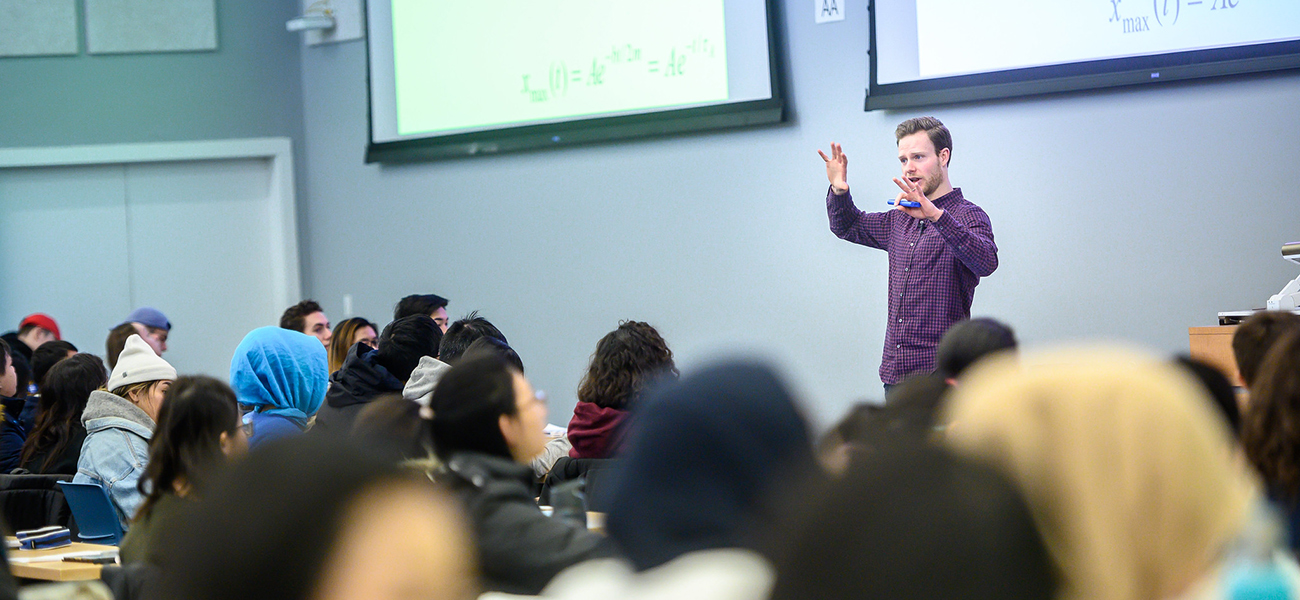
Ever wondered what exactly qualifies as "personal information" under FIPPA at UBC? This information is crucial for staff and faculty to understand, as it guides how we handle sensitive data.
The Key Distinction: Personal vs. Contact Information
FIPPA defines "personal information" as any recorded details about an identifiable person, excluding business contact information. This means an employee's name, title, phone number, and email address listed on a business card are fair game, but their home address or student grades are strictly confidential.
Identifying the "Identifiable Individual"
Information becomes personal if it can be linked to a specific individual. This can be done through names, student IDs, or even seemingly impersonal details. By combining bits of data, someone could potentially re-identify individuals, a phenomenon known as the "mosaic effect."
The Student Example: Why Names Matter
Unlike employee contact details, student names and contact information are considered personal. This is because students are at UBC in a personal capacity, not a business one. So, a professor's attempt to anonymize grades by using student IDs wouldn't fly, as students might share their IDs, revealing their grades.
Remember: When in doubt, err on the side of caution. If the information could potentially identify an individual, treat it as personal information and handle it accordingly.